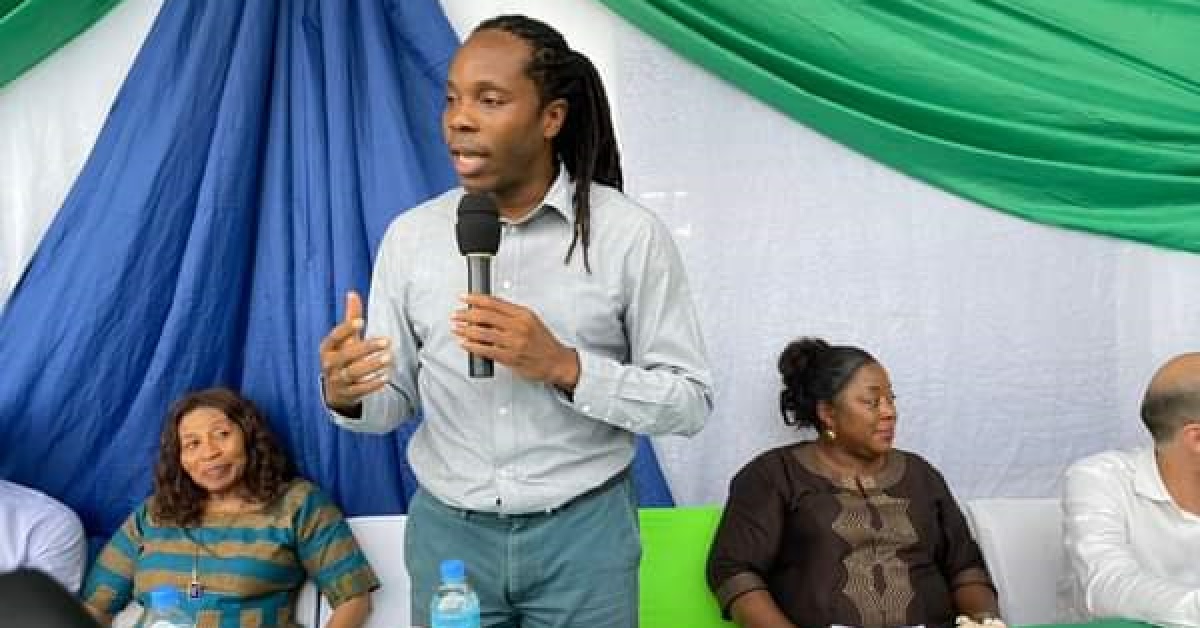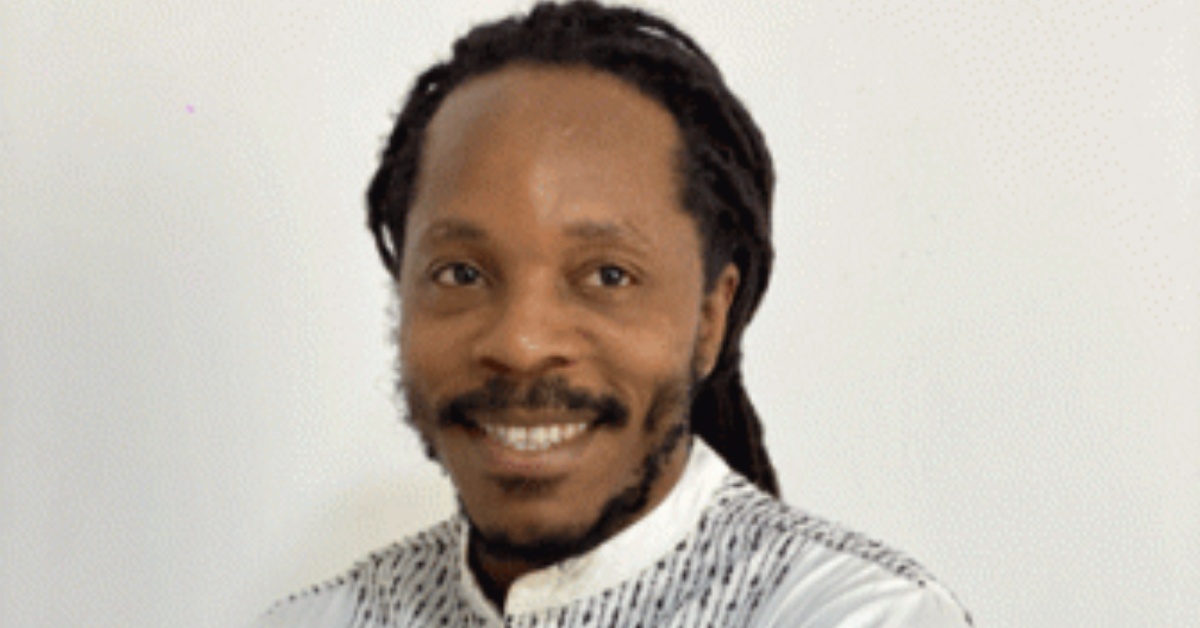The Ministry of Basic and Senior Secondary Education (MBSSE) with support from the European Union (EU) has distributed science laboratory equipment to twenty-three schools in seven districts nationwide.
The commencement of the distribution exercise was done in an event which brought together stakeholders in the educational sector at the Prince of Wales (P.O.W) School Compound last Friday.
Team Leader Social and Economic Sector at the European Union, Mario Kaivano, said that as part of the EU’s continuous intervention, they invested €29m in education and other programmes last year to support the effort of the Government of Sierra Leone to improve the quality of education and institutions which spearhead it in Sierra Leone.

He applauded the efforts of the Education Ministry for its leadership and the results it has achieved thus far, adding that as a result of such steady progress Sierra Leone is often mentioned as an example to other African countries who had prioritized their spending in education.
“And these should be recognized, and is a good example and as I said we see it as an investment for the future of the Country,” Kaivano said.
The Minister of Basic and Secondary School Education (MBSSE), Dr. Moinina David Sengeh said that students’ performance in the sciences had improved significantly, noting that that is because of the investment the government is making in education.
He noted that more students are currently pursuing innovation and science than in the past.
He added that recently more science students applied in the Faculty of Science at Fourah Bay College (FBC) than ever before, and also noted that more females applied than boys to do engineering in the University of Sierra Leone in the 2022/2023 academic year.
“Because of the investment that we have made in education generally and with the inclusion of gender parity, which means there are as many girls as boys who are in schools doing science,” Dr. Sengeh said.

The Chief Education Officer MBSSE, Professor Yatta Kanu said that the Science lab will be meaningful to children, with its operation they will be able to gather data, analyze and bring about independent conclusions.
She said the West African Examination Council had complained that science education in Sierra Leone had been changed sometimes in the past, in the sense that the system of science education had been focused on theory rather than the practical aspect of it.
“The kids are being tested on theoretical knowledge, meaning the notes that they copy from the articles or from the platform is what they are tested on because we do not have the science equipment to be able to test them practically, “Professor Kanu said.
She recounted that two years ago they wrote to WAEC informing them to continue practical, with theoretical testing, while the government put structures in place to be able to design labs in the country.
In his remark, the Principal of Prince of Wales (P.O.W) school (SSS), George Lefvere said that, with its qualified teacher, the P.O.W has the capacity to put into use the science laboratory equipment.
He mentioned that schools are going through unlimited transition but added that the Science lab equipment received will be utilized and that the debate on science and technology will go into schools far and beyond.










